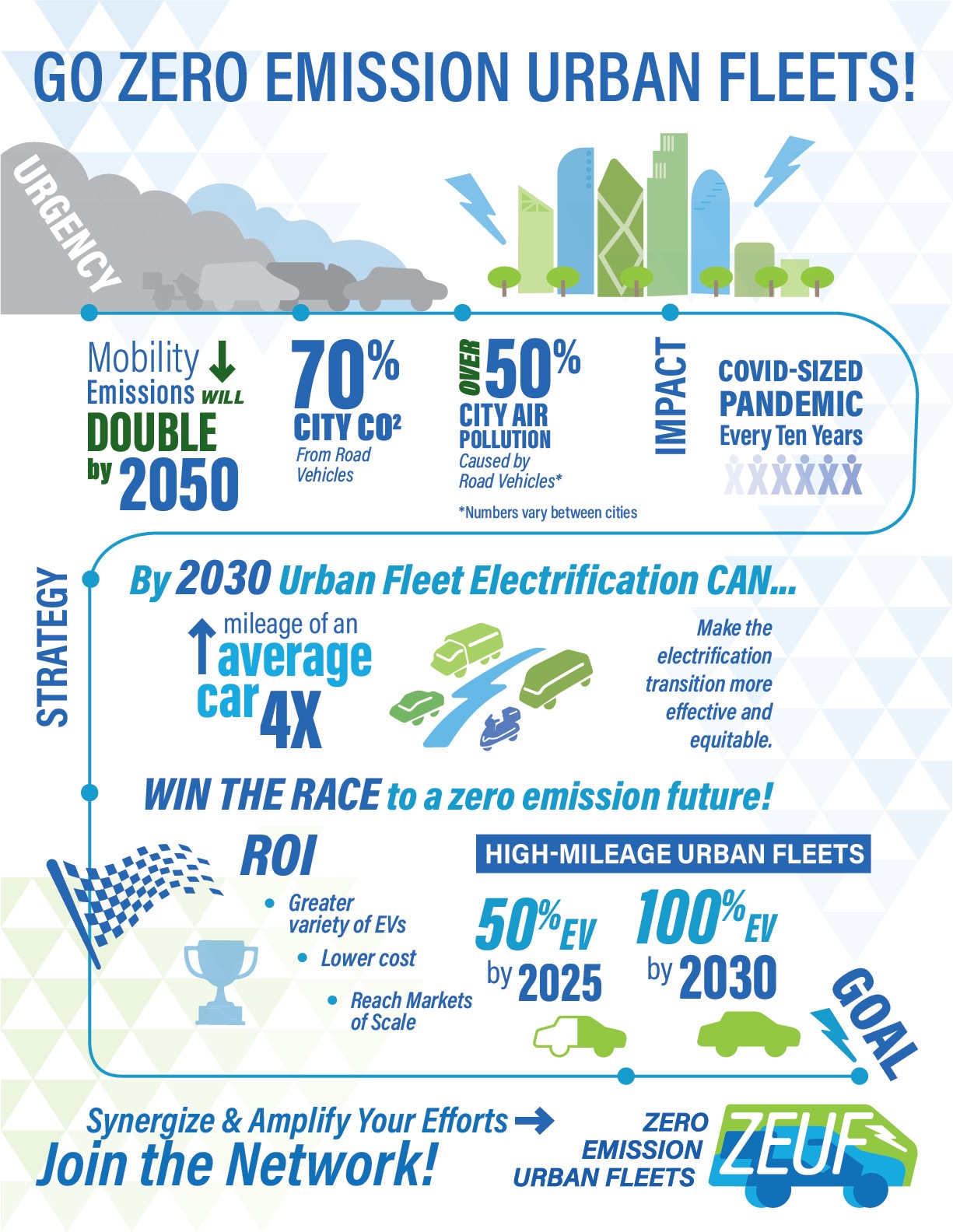What are countries doing to encourage the transition to electric vehicles?

New rules could see charging points become much more common. Image: myenergi/Unsplash

Get involved with our crowdsourced digital platform to deliver impact at scale
Stay up to date:
Electricity
- New homes in England will be required to have electric vehicle charging points by law, from 2022.
- Global electric car sales grew 140% in the first quarter of 2021.
- Publicly accessible chargers have grown sevenfold across Europe in the past five years.
- But there is still a serious lack of charging points in most EU member states, according to European data.
Finding a way to dramatically reduce greenhouse gas emissions is top of the agenda for most countries and many governments see electric cars as part of the solution.
The UK is the first country to introduce a law where new homes and buildings in England will be required to have electric vehicle charging points. Starting next year, it also includes new-build supermarkets, workplaces and buildings undergoing major renovations.
“This is a pivotal moment - we cannot go on as we are,” Prime Minister Boris Johnson told delegates at a Confederation of British Industry (CBI) conference. “We have to adapt our economy to the green industrial revolution.”
The move follows last year’s announcement that the UK aims to switch to electric cars, with the sale of new petrol and diesel cars banned from 2030. This is part of the UK’s Road to Zero strategy, which has set the goal of every car and van being zero-emission by 2050.
As the UK moves ahead with its electric vehicle transition plans, several other countries are following suit. Global electric car sales surged by 140% in the first quarter of 2021 compared to the same period in 2020, according to the International Energy Agency (IEA). China led the way, followed closely by Europe, while sales doubled in the US.
Charging across Europe
The installation of publicly accessible battery chargers across Europe has grown sevenfold in the past five years, according to the IEA. However, they also note that only Italy, the Netherlands and France have delivered the number of charging points set by the EU’s Alternative Fuel Infrastructure Directive.
Much of the growth in public charging infrastructure has been in China, where fast chargers increased by 44% in 2020 to a total of 310,000. That compares with 38,000 by the end of 2020 in Europe and 17,000 in the US, the IEA says.
There is a serious lack of charging points “in most EU member states,” according to data from the European Automobile Manufacturers’ Association (ACEA).
More chargers needed
That data reveals that 10 countries - including Greece, Poland, Romania and Latvia - don’t have one charger for every 100km of key road. The ACEA says a total of 18 EU members have under five charging points per 100km of road.
“Consumers will not be able to make the switch to zero-emission vehicles if there are not enough charging and refuelling stations along the roads where they drive,” said ACEA Director General, Eric-Mark Huitema, in a statement about the data.
Countries with the most chargers per 100km are the Netherlands, Luxembourg, Germany, Portugal and Austria.
How is the World Economic Forum helping to scale vehicle electrification?
Progress on the electrification of the transportation sector needs to speed up, according to the World Economic Forum, which created the Global Battery Alliance to overcome some of the challenges holding the sector back, including making the charging infrastructure better.
To transition to electric vehicles, an estimated 290 million charging points will be required globally by 2040, according to the Alliance, and that would require a global investment of $500 billion.

Going all-electric
Several of the biggest car manufacturers have already pledged to go all-electric from 2025 and 2030, including Jaguar and Bentley. Ford says all its vehicles sold in Europe will be electric by 2030. Even so, some of the world’s largest car manufacturers say progress will be stunted in many markets since many countries still plan to rely on fossil fuels to produce electricity.
A shortage of chips for electric car makers has also slowed the progression, leading to a slump in sales in Europe this year. IHS Markit reports that the production of 1.4 million light vehicles was lost in the first quarter of 2021.
While new laws in one part of the world may be helpful, more work is clearly needed to make the automotive industry sustainable.
Don't miss any update on this topic
Create a free account and access your personalized content collection with our latest publications and analyses.
License and Republishing
World Economic Forum articles may be republished in accordance with the Creative Commons Attribution-NonCommercial-NoDerivatives 4.0 International Public License, and in accordance with our Terms of Use.
The views expressed in this article are those of the author alone and not the World Economic Forum.
The Agenda Weekly
A weekly update of the most important issues driving the global agenda
You can unsubscribe at any time using the link in our emails. For more details, review our privacy policy.
More on Energy TransitionSee all
Jennifer Holmgren
April 23, 2024
Ella Yutong Lin and Kate Whiting
April 23, 2024
Nick Pickens and Julian Kettle
April 22, 2024
Katie Fedosenko and Luciana Gutmann
April 15, 2024
Johnny Wood
April 11, 2024
Alexandre Raffoul and Kai Keller
April 10, 2024








